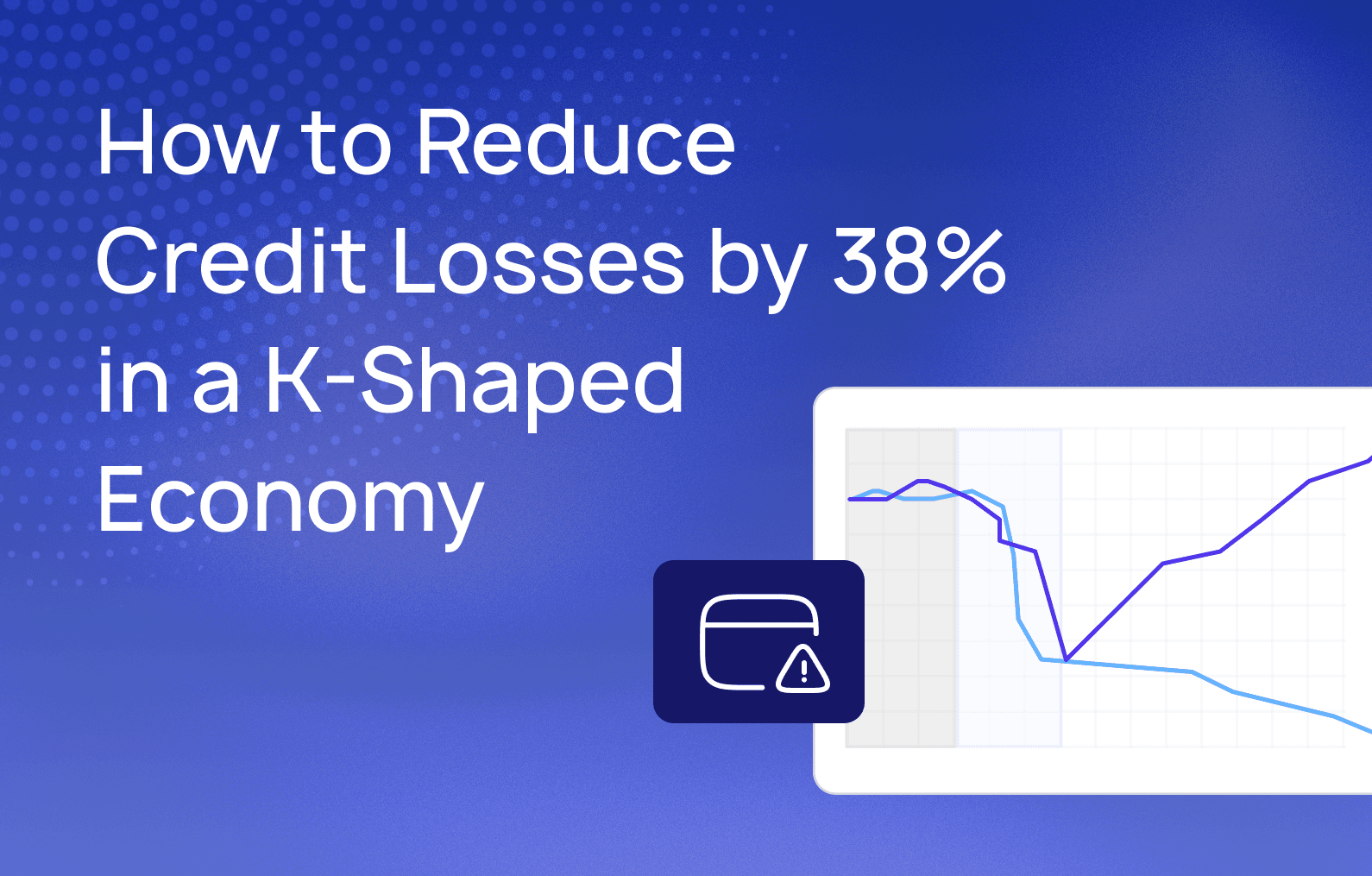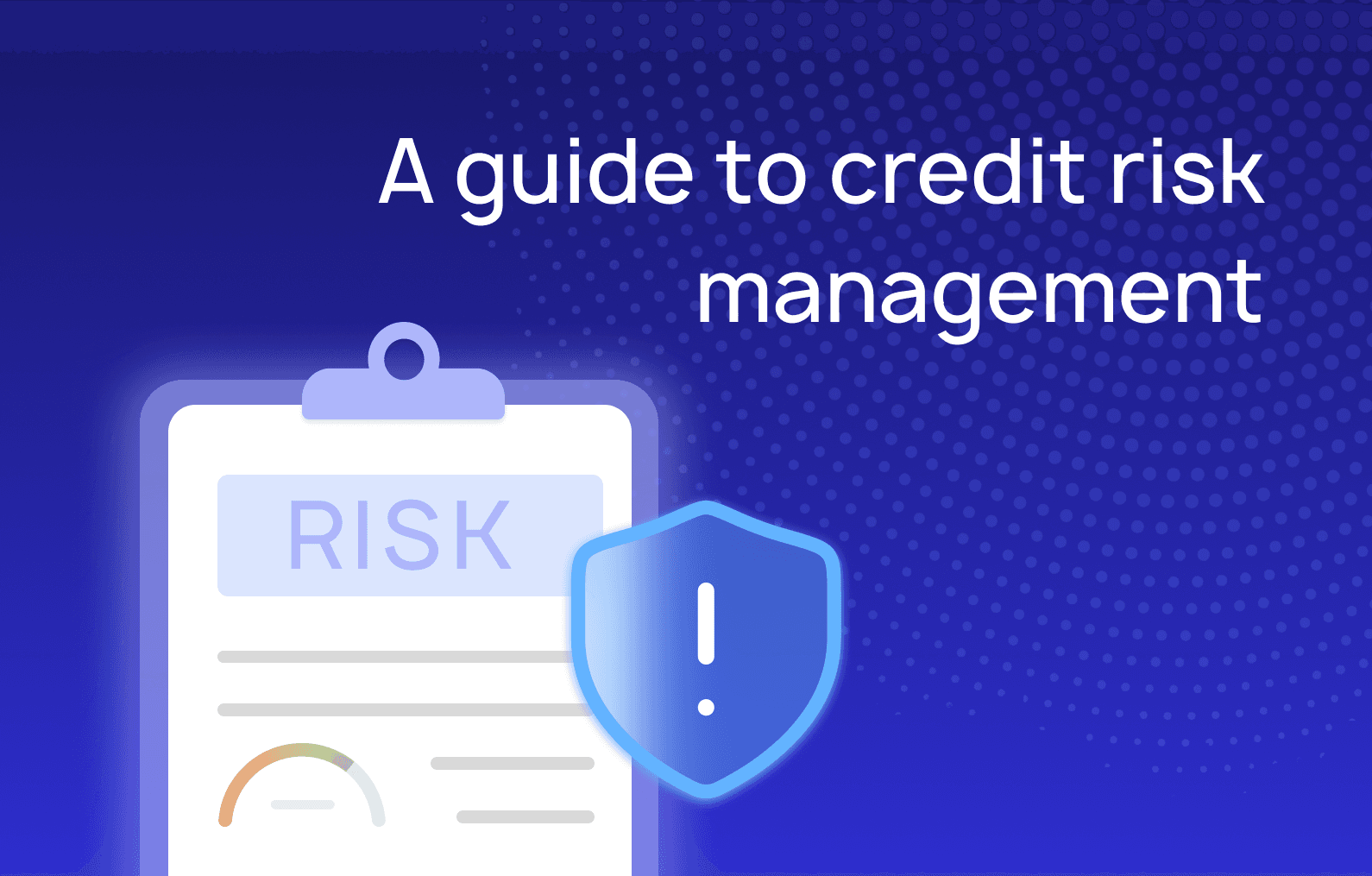TILA Disclosure Compliance Summary
Introduction
The Truth in Lending Act (TILA), implemented in Regulation Z, requires a number of notices and disclosures to be sent to borrowers that generally include important account information.
LoanPro has created a breakdown of all the required TILA disclosures, along with some helpful features that can automate notice and disclosure processes for easy TILA compliance.
When must the TILA disclosure be provided?
For closed-end credit (like auto loans and personal loans), account-opening disclosures must be provided prior to consummation of the loan. For open-end credit (like credit cards and lines of credit), disclosures must be provided before the first transaction on the account.
Change in terms notices require 45 days advance notice, while renewal disclosures need 30 days (or one billing cycle, whichever is less). Missing these timing requirements constitutes a violation even if the disclosure content is accurate.
Required TILA Disclosures
Open-End Credit
- Account-opening disclosures that include information such as APR, account-opening and other imposed fees, finance charge, grace periods, computation methods, and available credit, among other items.
- A periodic statement should be sent including information such as: previous balance, transaction identification, existing credits, periodic rates, finance and other charges, finance charge balance, billing error notice, and closing and due dates.
- An annual statement of billing rights, which may be included with the periodic statement as an alternative summary statement if desired.
- Supplemental credit access devices and additional feature disclosures, which are only required if such access devices (such as checks) or additional features are added to an account after the account-opening disclosures have been given.
- Check access disclosures, which are required if checks that can be used to access a credit account are delivered 30 or more days after the account-opening disclosures have been given.
- Change in terms notices are required when a significant change is made to the terms included in the account-opening disclosures, and should be sent at least 45 days prior to the effective date of the change.
- A renewal disclosure is required if a credit account charges an annual or other periodic renewal fee, and should be delivered at least 30 days (or one billing cycle) before the fee comes due. This disclosure may be made on or with the periodic statement.
- Insurance provider change notices are required if a card issuer plans to change the insurance provider for a credit card account at least 30 days before the change takes effect, and it should include information about any rate increases, decreases in coverage, and a discontinuation statement.
- A rate increase notice should be sent if there will be an increase in the interest rate due to default or penalty 45 days before the effective date of the increase.
Closed-End Credit
- Account-opening disclosures containing all terms of the loan, including the amount financed, finance and other charges, APR, total payments, and more should be given prior to the consummation of a new loan. New disclosures should be given in the event of refinancing.
Truth in Lending Act violations to avoid
Knowing the common TILA disclosure violations helps you stay compliant and avoid costly penalties. Here are the most frequent issues we see:
- Incorrect APR calculations - Failing to properly calculate or disclose the Annual Percentage Rate, particularly for complex financing structures or when fees are excluded from calculations.
- Improper disclosure timing - Missing required deadlines for providing disclosures, such as failing to deliver account-opening disclosures before consummation or not providing 45-day advance notice for changes in terms.
- Incomplete disclosure content - Omitting required information from disclosures, such as leaving out finance charges, payment schedules, or other mandated elements.
- Unclear or misleading formatting - Presenting required disclosures in ways that aren't "clear and conspicuous" or using language that obscures important terms from consumers.
- Failure to provide periodic statements - Not sending required periodic statements for open-end credit accounts within the mandated timeframes.
- Advertising violations - Promoting credit terms in advertisements without including required trigger disclosures or advertising terms that aren't actually available to consumers.
- Change in terms notice failures - Making significant changes to account terms without providing the required 45-day advance notice to consumers.
According to recent CFPB enforcement actions, TILA violations have resulted in penalties ranging from hundreds of thousands to hundreds of millions of dollars. Beyond monetary penalties, violations often require comprehensive remediation programs and ongoing compliance monitoring.
LoanPro Solutions for TILA Disclosure Compliance
- LoanPro's Communication Suite offers the prebuilt notices that follow safe harbor templates, making it easy to add compliant TILA disclosures to your operations. Prebuilt templates are customizable, and new templates can be created, as needed to ensure you meet all compliance requirements.
- The sending of notices is fully automated. Notices can be sent electronically or via standard mail. Triggers that determine when notices are sent are also customizable to ensure that lenders and program managers stay compliant.
Our platform includes:
- Automated disclosure generation using Custom Forms that follow safe harbor templates
- Trigger-based notifications that automatically send disclosures based on account events and timing requirements
- Safe harbor templates for account-opening disclosures, periodic statements, change in terms notices, and more
- Customizable triggers that determine when specific disclosures are sent based on your compliance requirements
- Multi-channel delivery via email, SMS, or standard mail to meet borrower preferences
For more information on how Regulation Z governs these disclosure requirements, see our guide to understanding Regulation Z (TILA).




